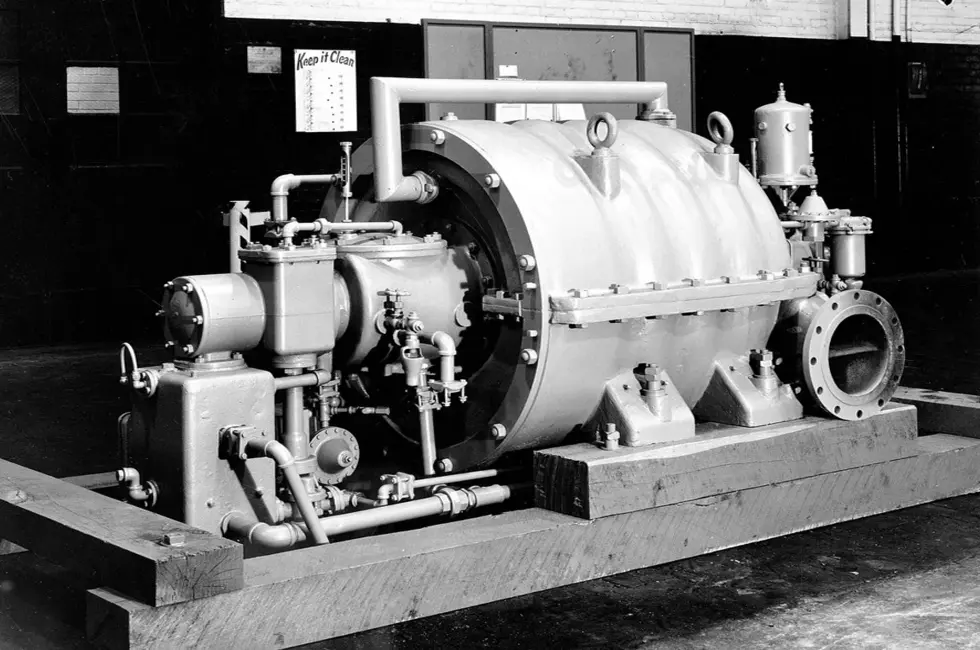History of Cooling
History of Cooling: Cooling has been a known necessity and practice since ancient times in human history. People have used cooling methods to preserve their food and drinks, live more comfortably in hot climates, and meet various industrial needs. The history of cooling has continuously evolved parallel to technological and scientific developments.
Here are significant periods in the history of cooling:
Ancient Times: Civilizations like Ancient Egypt, China, India, and Mesopotamia used water and wind to implement cooling practices during hot seasons. During these times, cold rooms were constructed using ice, icy water, and cool underground waters.
Medieval Period: In the medieval era, the use of ice pits and ice houses was prevalent in Europe and the Middle East. Ice collected during winter months was stored with insulation materials like straw to provide coolness during summer months.
18th Century: In the 18th century, British chemist William Cullen designed a vapor compression refrigeration machine considered as one of the first mechanical cooling devices in the history of cooling.
19th Century: The 19th century witnessed significant advancements in cooling technology. American inventor Oliver Evans designed a steam-powered refrigeration machine. However, this technology did not achieve commercial success.
1850s: In 1851, American doctor and scientist John Gorrie designed a mechanical ice machine to cool his patients and prevent malaria. This laid the foundation for modern air conditioning and refrigeration systems.
20th Century: In the 20th century, cooling technology made substantial progress and expanded into various applications. Air conditioning systems in homes and workplaces, food production and storage, pharmaceutical industry, cold chain in supermarkets, industrial processes, and many other areas started widely using cooling technology.
Present Day: Today, cooling technology has become increasingly efficient, environmentally friendly, and innovative. Advanced technology offers cooling solutions that minimize environmental impacts, promote energy efficiency, and support sustainability.
Advancing technology and growing needs have spurred continuous research and development in the field of cooling. Cooling technology has become an indispensable part of modern life and holds vital importance in many areas.





